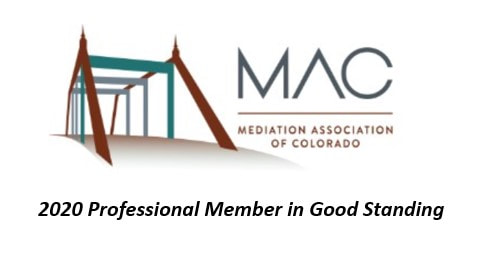Fascinating new data from the American Bar Foundation is at hand. For housing, relationship breakdown, insurance and benefits coverage, employment and other such justiciable problems, most people use self-help or just do nothing. This level of inaction holds even though one of these problems typically occurs about 1.5 times a year in regular people’s lives. We may think that we are a litigious society, but in fact less than a quarter of matters that are susceptible to a civil legal resolution ever move beyond friends and family for third party help. Of that small number, only a fraction ever ends up in court.
The cost of legal services is not the biggest deterrent to action, except possibly for the poor. Far more people think that they don’t need help, or that getting help would not make any difference. For those of us who do think that people could use some help, and that our services would make a difference, this is a problem.
There is irony in the data too. One type of problem for which people frequently seek legal help is relationship breakdown, yet many courts push hard for the resolution of domestic relations cases outside of the courtroom. Conversely, more mainstream civil matters such as employment, insurance, or benefits disputes are among those matters for which the public is least likely to seek legal help.
In the immortal words of “cool hand Luke,” what we have here is a failure to communicate.

 RSS Feed
RSS Feed
